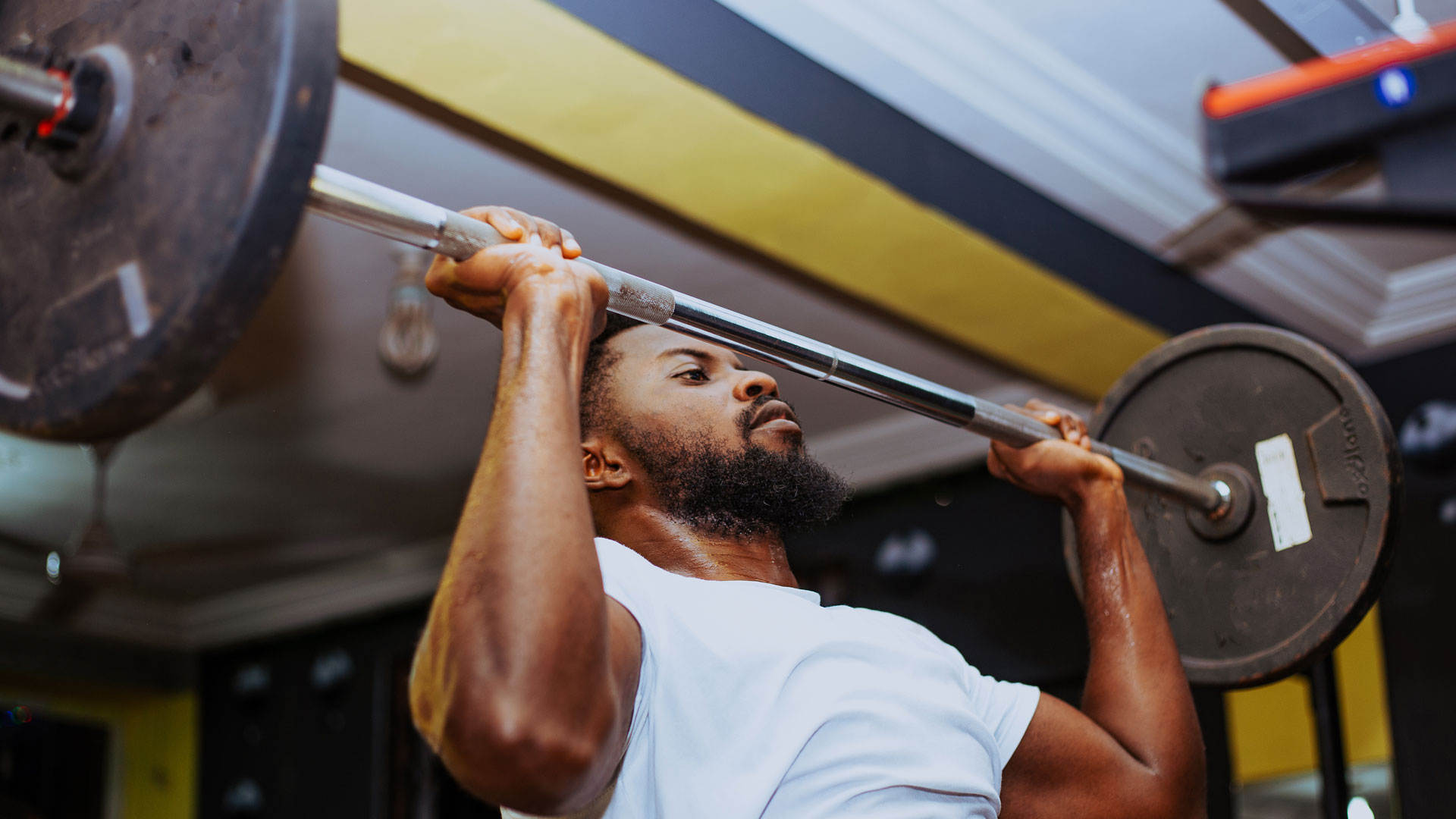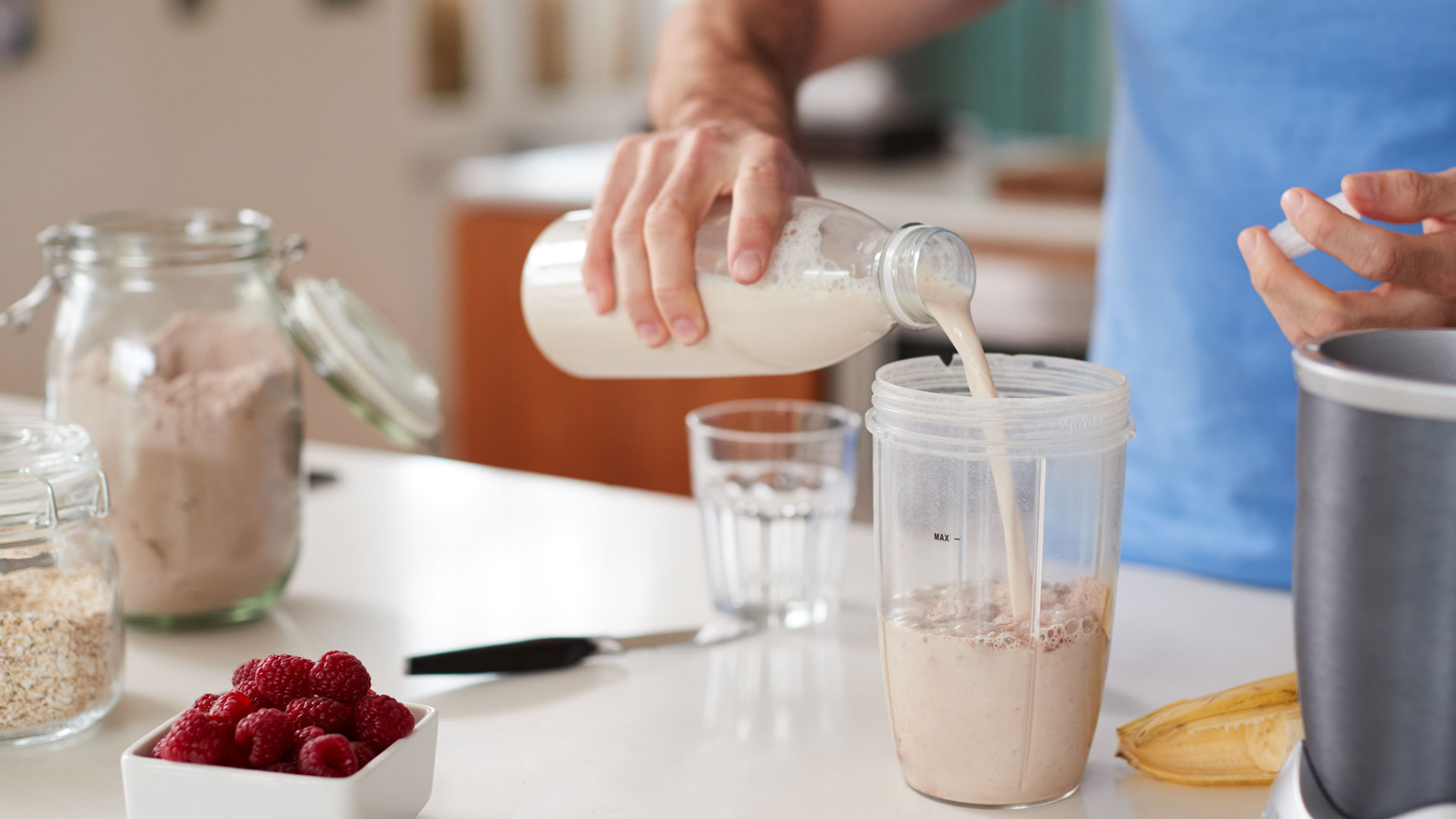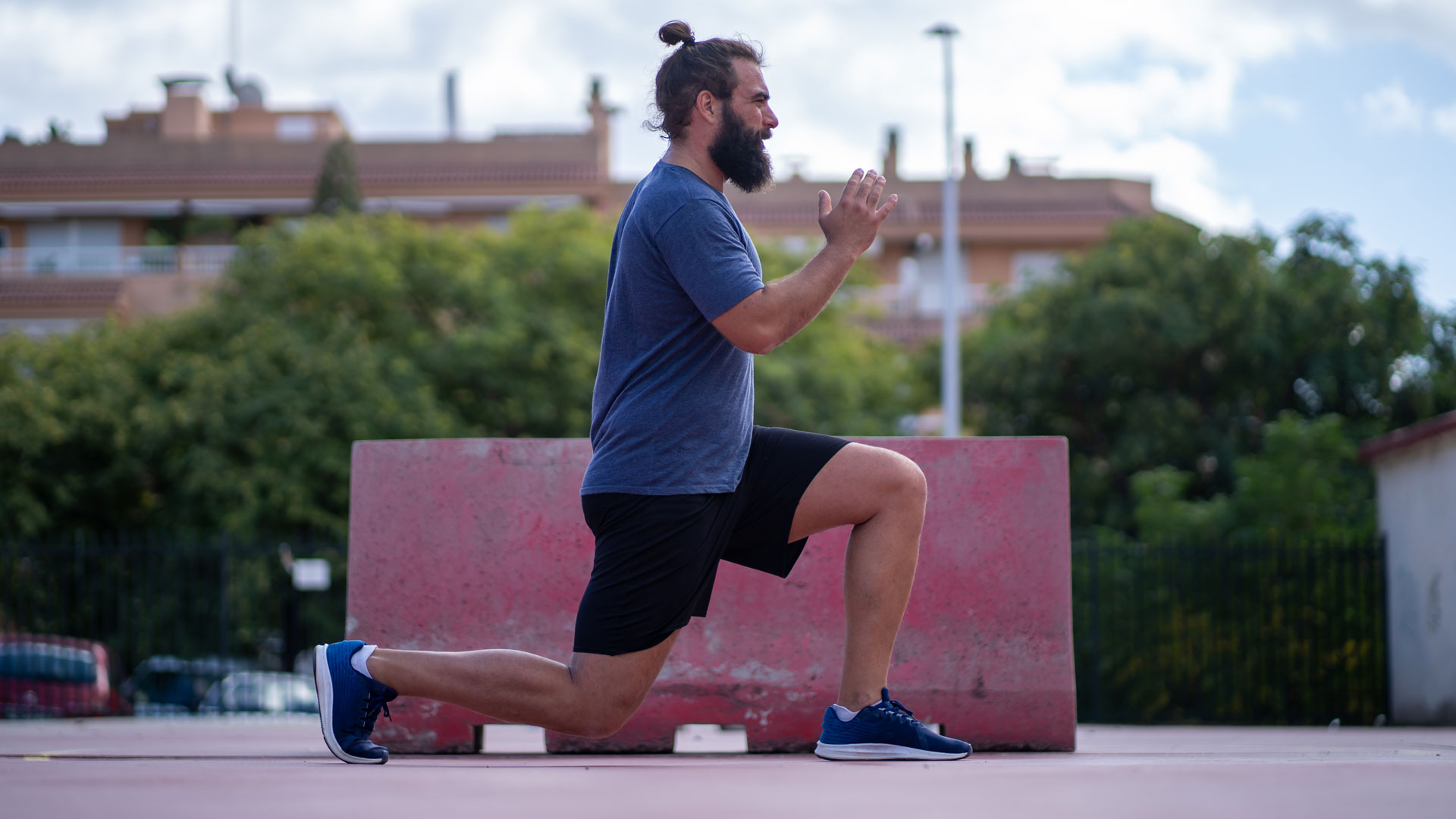What is bulking?
What is bulking? We give you all the information, including how to bulk safely


Start your week with achievable workout ideas, health tips and wellbeing advice in your inbox.
You are now subscribed
Your newsletter sign-up was successful
You may have overheard people talking about it, but “what is bulking?” Bulking refers to a process that involves intentionally eating more calories than you need, putting on weight, then building muscle via resistance and weight training.
To increase muscle mass, you need to consume more calories than is necessary to maintain your body weight. A high proportion of your extra calories should come from foods containing protein, which will give you the essential amino acids to help build muscle mass. Without protein, you will gain fat and little muscle. If you’re struggling to add enough protein to your diet, check out the best protein powder for women and the best protein powders for weight loss.
Some people claim that bulking is unhealthy; others insist that it’s a safe and effective method for gaining muscle mass. We spoke to two fitness coaches with experience in bulking to help explain everything you need to know about bulking, including what it is, how to do it safely, and which foods you should eat and avoid.
What is bulking and how do you do it?
Liam Cavanagh, fitness coach and founder of Bel, the world's first online coach matching service explains, the bulking process. “Simply put, bulking is the process of increasing your muscle mass and strength. There are a lot of factors that go into it, but if you’re just starting out you want to make sure you focus on four key areas”
You need a calorie surplus
This means eating more calories than you’re using in your day. So, you need to work out how many calories you use during the day, either by using a calorie calculator online or with the help of a fitness tracker. Once you have that number, add somewhere between 400-600 calories, and that’s your calorie target to aim for each day. Stick to that, and your weight will start to go up!
Protein is the key component to muscle growth and recovery.
If you want to bulk, make sure you eat somewhere between 1.5-2x your body weight (kg) in grams of protein. For example, if you weigh 50kg, you’d want to eat between 75 and 100g of protein a day.
Building new muscle mass is a slow process
Having one or two weeks of visiting the gym five times and not training for two weeks isn’t much use. The key is consistency over a long period. Pick a realistic number of workouts you can do every week (I’d recommend at least three), and make sure you hit that number of workouts every week.
After a certain point, you’ll start to see a plateau as your strength increases.
That’s because your muscles have adapted to that level of training and are no longer being challenged. For muscles to grow, they need to be challenged by new stimuli. Each week, you want to aim to make at least some of the exercises in each workout more challenging. Three simple ways to do that are:
- Increasing the weight you’re lifting
- Increasing the number of reps you’re doing
- Slowing down the speed of your reps
“In terms of safe foods to look for, you’ll want things which are calorie-dense (they pack more calories per gram of weight). Some good examples include peanut butter, avocados, and meats such as steak and chicken.”
Start your week with achievable workout ideas, health tips and wellbeing advice in your inbox.
If an additional 600 calories a day sounds like too much, you may not need this much to bulk up. While every individual is different, data suggests that a conservative calorie surplus of 350–500 calories per day can promote muscle gains while minimizing fat storage.
While a bulking diet allows for most foods, some should be limited because they contain very few nutrients. According to research, these include alcohol, which interferes with your body’s ability to build muscle, particularly when drunk in excess. In addition, while fried food is calorific, regularly eating fried foods may increase your risk of heart disease and type 2 diabetes.

Is bulking safe?
Chris Lowden, a personal trainer, and nutrition coach who is currently on his own bulking journey, says the practice is safe if done in an educated and thoughtful way. “Some people have an exaggerated view of bulking, imagining you go from eating normally to eating huge amounts every day, but that is not the case. It’s important to understand firstly how many calories you need to stay the same weight (called maintenance) then you can add to these calories, see how the body adapts, and then slowly increase this way.”
“The reason it can seem unsafe is that if people put on too much weight too quickly by going too high above their maintenance calories. The body is an amazing machine that adapts and is built to survive, so suddenly greatly increasing your calories will lead to your body storing these calories as body fat in case it needs them later.”
Cavanagh agrees that bulking is safe but should be started slowly. “If you’re not used to eating large quantities of food then you might find it uncomfortable going straight to a 400-calorie surplus. Maybe start off with a smaller surplus for the first week or two and gradually work your way up to your surplus target.”

What are the benefits of bulking?
Chris Lowden said, “The main benefit of bulking is that you will be able to get the maximal returns for your training as you are giving your body everything it needs to recover fully.”
Liam Cavanagh says the benefits are plentiful, “Aside from the ability to lift heavier weights, you’re also going to get a confidence boost through the process of bulking. Clothes will fit better, you’ll not struggle as much to carry your grocery shopping, and people never fail to notice (and compliment) someone who has successfully put on weight!
You’ll also be less at risk of injury. Having more muscles will help to support you in everyday activities. And, provided you have a well-structured program, it’ll help to correct muscular and posture-related imbalances caused by day-to-day life.”
Catherine is a freelance journalist writing across titles such as Verywell Health, Healthline, The Daily Telegraph, Refinery29, Elle, and Vogue. She specializes in content covering health, fitness, wellness, and culture.
A once reluctant runner, Catherine has competed in 30 running events in the past five years and looks forward to one day running the London Marathon.
